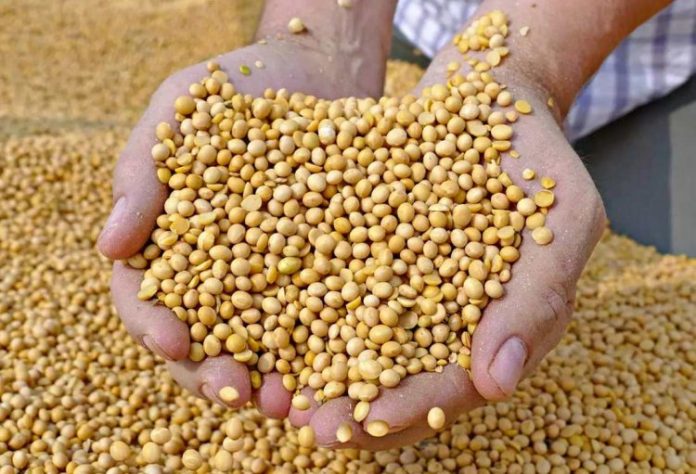NEW DELHI, Jan 16: The Centre has procured a record 13.73 lakh tonne of soybean under the Minimum Support Price (MSP) scheme so far in the current marketing season, a senior agriculture ministry official said on Thursday.
The procurement, undertaken to protect farmers from falling prices, has surpassed all previous records, with the last highest procurement being 19,483 tonne in 2018-19.
“In soybean, we have achieved an all-time high procurement under PSS (Price Support Scheme). This was possible due to special efforts the ministry took to create awareness in states,” the ministry official told PTI on condition of anonymity.
The procurement represents 41 per cent of the total sanctioned quantity of 33.85 LT and has benefited 5.78 lakh farmers till January 13 of the 2024-25 kharif marketing season.
The procurement is being carried out through nodal agencies Nafed and NCCF at a support price of Rs 4,892 per quintal across six states.
Nafed has procured 9.78 lakh tonne, while NCCF has procured about 3.94 lakh tonne.
Madhya Pradesh leads the procurement with 6.22 lakh tonne, followed by Maharashtra at 5.39 lakh tonne. Telangana, Rajasthan, Gujarat, and Karnataka have registered procurement of 83,075 tonne, 67,268 tonne, 43,210 tonne, and 18,282 tonne, respectively.
To address quality concerns, the ministry implemented innovative measures, including establishing WhatsApp groups for moisture content verification and increasing moisture-checking instruments in mandis.
Despite a relaxation allowing up to 15 per cent moisture content, the entire procurement maintained the optimal 12 per cent level, ensuring better storage stability, the official added.
The procurement window has been extended till January 31 in Maharashtra and February 14 in Rajasthan following state government requests.
Current market prices remain below MSP, with average mandi rates at Rs 4,300 per quintal as of January 16.
While soybean production outlook remains strong for the current year, domestic prices continue to face pressure from supply-demand dynamics and global market influences. (PTI)
Trending Now
E-Paper


